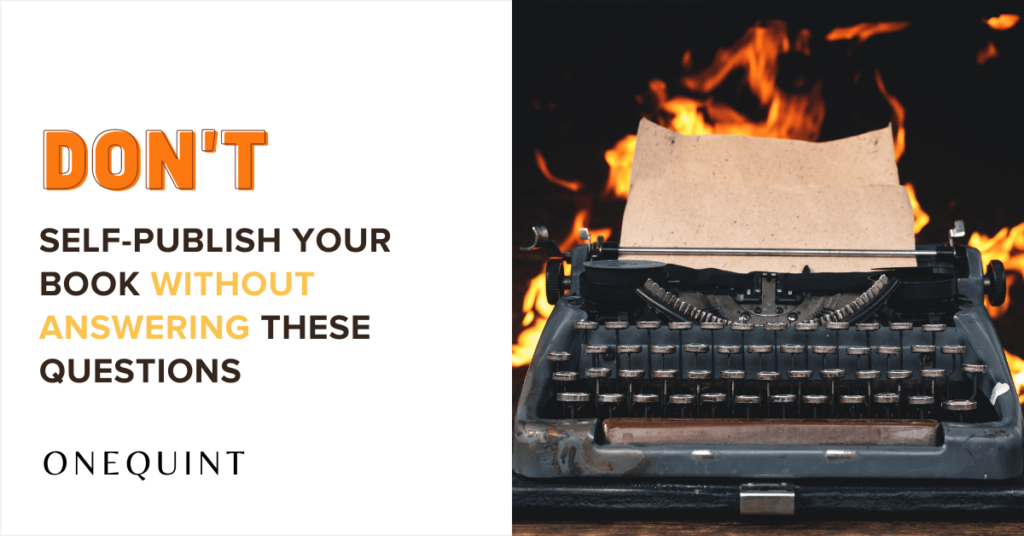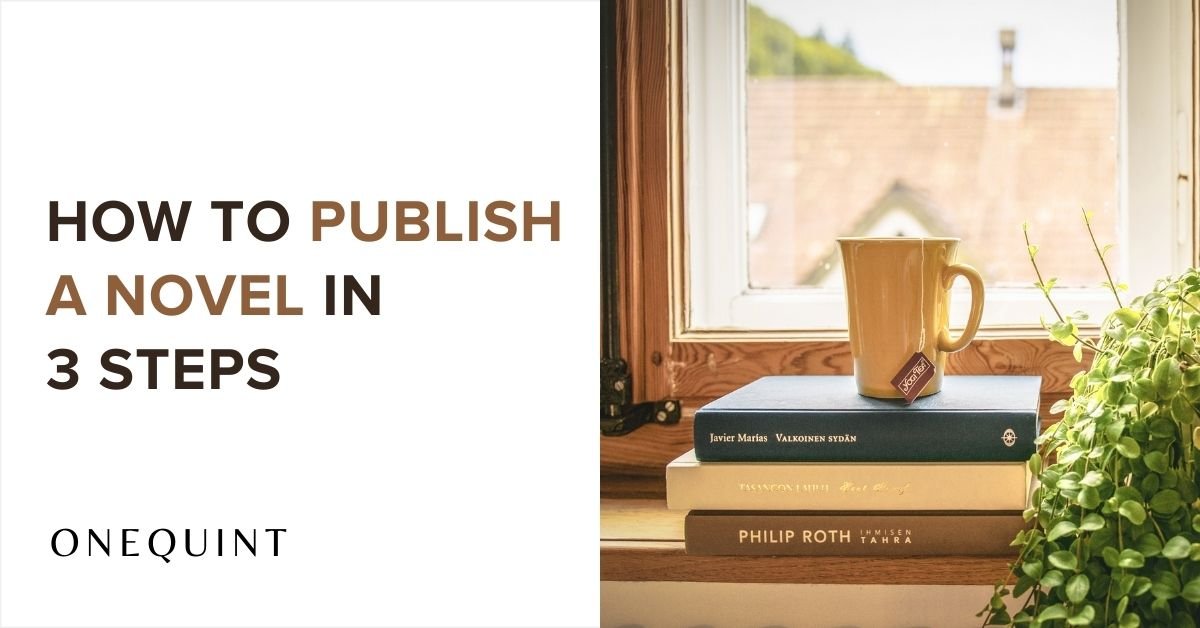Even though self-publishing a book is now more accessible than ever, it’s also possible that self-publishing a successful book has never been more difficult.
More than 2 million books were published by authors on their own in 2021, and approximately 82,000 books were published in India alone. Putting your book on Amazon/Flipkart/Google Play and hoping that readers will stumble across it isn’t enough. When it comes to self-publishing a book, there are many questions you should ask yourself, but here are the most important ones:
1. Is your book ready to be published?
For some self-publishers, the stigma of self-publishing has been created because they have ignored this question. Fortunately, there have been numerous successful self-published authors over the past decade to counterbalance some of the junk on the market and demonstrate that self-publishing is a viable option if done correctly (i.e., producing a quality book).
You can’t expect good results if you publish an unrefined first draft. True, self-publishing has a major advantage in that there are no gatekeepers. In the end, it’s up to the readers to decide whether or not your book is worth reading based on their reviews and sales. However, a lack of quality assurance gatekeepers can be harmful.
Make sure to consult with a professional editor if you plan on avoiding the gatekeepers of the literary world (e.g., literary agents, traditional publishers). Be sure to get feedback from friends and family before you even begin writing. If you release your book before it’s ready, you could jeopardise your career and reputation as a writer.
2. What self-publishing platform are you going to use?
There are a variety of self-publishing platforms out there, and they do not work similarly. It is important to keep in mind the serious drawbacks of some self-publishing platforms, such as limited distribution, a lack of services and support, low royalties, difficult software, only one format, and strict file requirements for publication. Costs can vary widely and many platforms are free to self-publish (With a catch, almost always). It’s important to publish your book on a platform that fits your budget, but you should also aim to reach as many readers as possible with a high-quality book.
Do-it-yourself (DIY) self-publishing platforms are a good option if you don’t mind doing the bulk of the work yourself and seeking help of your friends and family for things such as designing cover, book pages, typing, proofreading etc. Choosing a distribution method that only allows you to sell on Amazon Kindle or Google Play isn’t a good idea. Hire a hybrid book publishing company if you prefer to concentrate on writing rather than producing your book, printing and marketing it.
3. What formats do you plan to publish your book in?
This may seem like an obvious question. Many new authors jump straight into the e-book market, ignoring print and paperback. As a result, your book will only reach a fraction of the entire audience due to limited accessibility and comfort. A printed copy of your book will always be preferred by readers over an e-book if you can publish it, so don’t ignore the option.
4. Who is your target audience?
‘One Quint’ is a leading Indian self-publishing (or hybrid publishing) company, and the most common answer it receives is ‘everyone’. This is the absolute worst possible response. Your book isn’t for everyone who picks it up. If you try to market your book to everyone, you’ll have a difficult time achieving success.
You need to know your ideal customers before you launch a book.
Consider the following demographics when writing for your audience: age, gender, geographic location, and personal interests.
Your marketing efforts will be more effective if you know who your ideal customer is. By not wasting your money on readers who aren’t interested in your book, you’ll save a lot of money.
5. How and where will you market your book?
Digital marketing is king because it allows you to quickly and affordably reach a large number of people with your message. Online advertising, social media marketing, email marketing, and search engine optimization are all examples of digital marketing.
Make sure your digital marketing campaigns are properly targeted based on where your target audience spends their time. Instagram, WhatsApp, Facebook, and LinkedIn are usually the most popular platforms for promoting your book. It is also possible to run advertisements on these platforms by targeting an audience group that is likely to enjoy your book if your budget and skillset allow it.
There are millions of self-published authors out there, and it’s a great way for them to get their work in front of an audience. These questions can help if you decide to go the self-publishing route, but keep in mind that you’ll have to answer them yourself. Because, if your book is self-published, you’ll need to plan ahead so that your chances of success are as high as possible.



